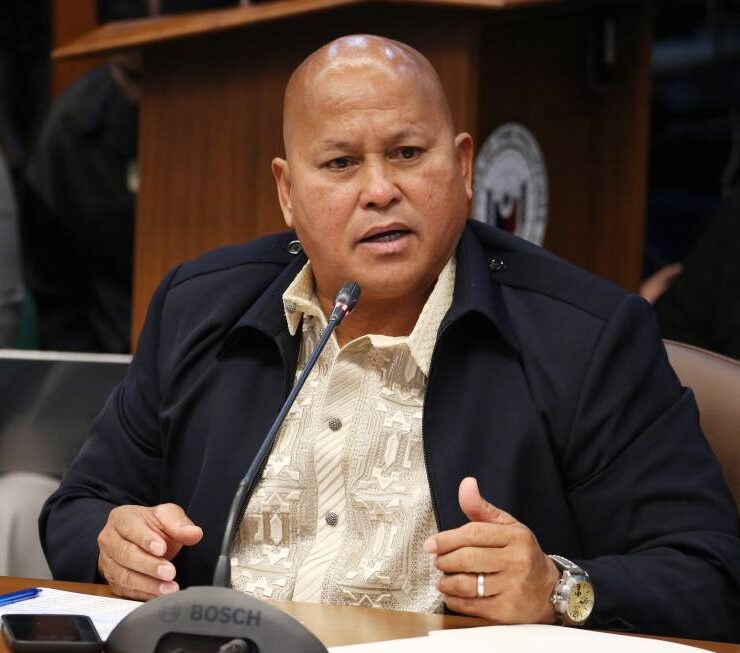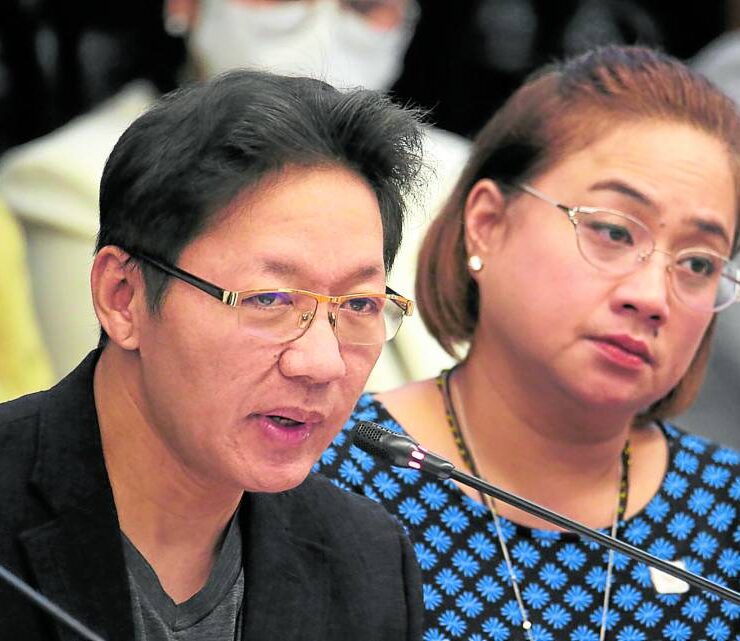Plunder by any other name

In the pursuit of a half-a-trillion peso crime, the Independent Commission for Infrastructure’s (ICI) first set of timid recommendations—graft, malversation, and other charges against a few handpicked suspects—feels anticlimactic after the drumbeat of expectation that heralded its birth two months ago.
As public anger grows and patience shrinks, the ICI appears content to build its case pebble by pebble, instead of striking with the full weight of the law against those who have bled the nation’s coffers dry.
In late September, the body submitted its first report to the Ombudsman endorsing criminal charges against resigned Ako Bicol party list Rep. Elizaldy Co and 17 others, including public works officials. Among the recommended charges were violations of the Revised Penal Code, Anti-Graft and Corrupt Practices Act, Government Procurement Reform Act, and the Code of Conduct for Public Officials and Employees. Earlier this month, the ICI said it was eyeing at least 15 more cases in the next few weeks.
While the anemic pace of the investigation is frustrating, it’s understandable, all things considered. What’s truly disappointing is the lack of mention of one word: plunder.
ICI’s piecemeal approach
Under Republic Act No. 7080, as amended by RA 7659, plunder is committed when a public servant amasses ill-gotten wealth exceeding P50 million “through a series of overt or criminal acts.” By that measure, the flood control scandal seems to fit the legal definition perfectly.
The threshold was crossed many times over in this brazen conspiracy that has, for once, united a weary public in outrage. To treat it merely as a series of isolated offenses by errant officials, rather than as an orchestrated web of corruption linking lawmakers, bureaucrats, and contractors, is an insult to both the intelligence and indignation of the Filipino people.
If the ICI’s piecemeal approach is an attempt at caution, it is misplaced, and if it is by design, it is dangerous. By carving up the case into fragments, the commission diminishes its own authority, leaving other investigative bodies to pick up where it fails. This is not what the public expects of a body formed precisely to restore trust in the government.
To be sure, the ICI’s begrudging decision to heed public clamor and live stream its hearings is a welcome gesture.
Until last week, the ICI had been operating behind closed doors, prompting calls for the proceedings to be made public. On Wednesday, the ICI chair, the retired Supreme Court magistrate Andres Reyes Jr., announced that the commission was heeding the clamor for transparency, a positive yet belated move.
But the ICI members should realize that transparency without tenacity means little.
Refinement and ‘more power’
On Sept. 11, President Marcos issued Executive Order No. 94 creating the ICI in response to massive fallout from a national scandal involving ghost or substandard flood-control projects.
Although it has no powers of prosecution of its own, the ICI has been mandated to “hear, investigate, receive, gather, and evaluate evidence, intelligence reports, and information, against all government officials and employees, and any other individual, involved in anomalies, irregularities, and misuse of funds in the planning, financing, and implementation of government flood control and other infrastructure projects nationwide.”
Last week, Reyes admitted that the commission was badly in need of refinement and “more power.”
“ICI is only 39 days old. For the last 21 days, we only had three lawyers and now we have some volunteers from the PAO (Public Attorney’s Office) and other agencies and we will try our best to [go into a] full-blast investigation of all these frauds,” he said.
Grand conspiracy
The Ombudsman, now tasked with prosecuting cases arising from the ICI’s probe, must do what the commission has hesitated to do: construct an airtight and comprehensive case that recognizes the grand conspiracy for what it is. Besides that, it must name, shame, and charge every public servant and private accomplice involved in the plunder of taxpayer money with airtight cases.
The flood control racket is not just a tale of stolen billions but a story of the deeply entrenched greed that corrodes governance in this country. The law provides the instrument for justice, one that punishes plunder with reclusion perpetua and orders the forfeiture of all ill-gotten assets. But it would take courage for state prosecutors to enforce the law to its fullest extent.
For this scandal to end with mere slaps on the culprits’ wrists would not only cheapen justice but reward corruption on a scale not seen before. Worse, it sends the wrathful message to an infuriated people that, once again, the big fish are to be let off the hook.
The ICI and the Ombudsman are under enormous pressure to perform, and for good reason. Under the glare of the people’s wrath, they have no other choice but rise to the occasion.





















